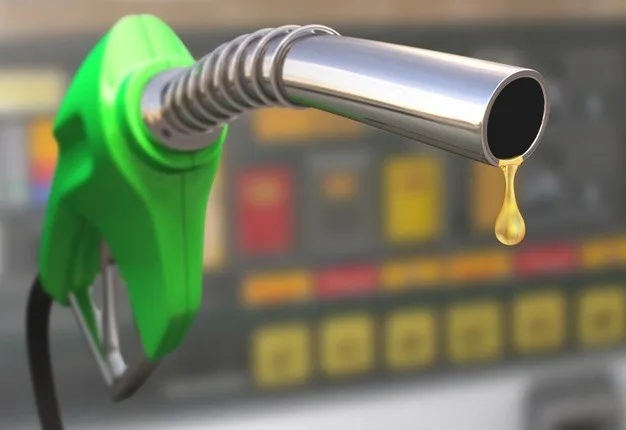Ethiopia, which entirely relies on imports for its fuel needs, has been subsidizing fuel to prevent transportation costs from escalating.
Last year, the Ministry of Transport announced its decision to gradually diminish and eventually halt fuel subsidies due to heightened government expenditures and financial constraints.
The suspension of fuel subsidies for companies not engaged in public transportation services began a year ago. Now, it has been declared that vehicles providing public transportation will also no longer receive fuel subsidies.
The Fuel and Energy Authority has specified that minibuses, which have been benefiting from fuel subsidies since 2023, will cease to receive subsidies as of April 8, 2024.
This decision aligns with the government’s plan to curb extensive subsidies on oil products and gradually phase out such support.
Notably, one aspect of this plan is the discontinuation of subsidies for minibus vehicles. Concerns have been raised regarding the effectiveness of vehicles under the subsidy program in serving the community.
Henos Worku, deputy director of fuel and energy Authority, highlighted that 170,000 vehicles were previously excluded from the subsidy system due to non-compliance with usage regulations.
Starting April 8, 2024, only intercity and urban buses will continue to benefit from the fuel subsidy for the next five years.
Furthermore, the Oil and Energy Authority has announced that while subsidies for minibus vehicles will be terminated after April 8, 2024, the decision is currently under review by a committee comprising representatives from the Ministry of Trade, Regional Cooperation, and other stakeholders involved in transportation and logistics.
In a recent discussion with taxpayers, Prime Minister Abiy Ahmed disclosed that Ethiopia spends approximately $four billion annually on fuel purchases.
Expressing concerns over this financial burden, the Prime Minister emphasized the government’s commitment to supporting investors in importing and assembling electric vehicles domestically.
To incentivize the transition to electric vehicles, a 35 percent tax reduction will be granted for importing or selling such vehicles in the country. Additionally, the Prime Minister announced a ban on the importation of fuel-powered vehicles.
